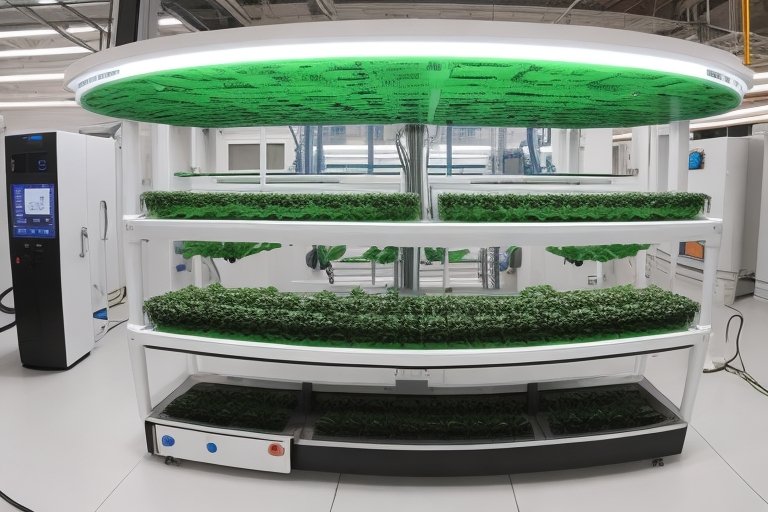Sustainable Farming Practices for the 21st Century
AcePREX | Sep 15, 2024

Sustainable farming practices are essential for addressing the challenges of the 21st century, including climate change, resource depletion, and food security. As the global population continues to rise, sustainable agriculture offers innovative solutions that promote environmental health, economic viability, and social equity.
One key aspect of sustainable farming is the implementation of regenerative practices. These techniques focus on restoring soil health through methods such as cover cropping, crop rotation, and reduced tillage. By enhancing soil fertility and structure, farmers can improve water retention, reduce erosion, and sequester carbon, mitigating climate change. Healthy soils not only boost crop yields but also support biodiversity, benefiting ecosystems.
Another important practice is integrated pest management (IPM), which minimizes the use of chemical pesticides through natural pest control methods. By encouraging beneficial insects, crop rotation, and organic treatments, farmers can manage pests while reducing harmful chemical applications. This approach protects not only the environment but also human health.
Additionally, agroforestry—combining agriculture with forestry—offers a sustainable solution that enhances land productivity while preserving natural resources. By planting trees alongside crops, farmers can improve biodiversity, provide shade, and create microclimates that enhance crop resilience to climate fluctuations.
Precision agriculture is also revolutionizing sustainable farming. By utilizing technologies such as drones, sensors, and data analytics, farmers can optimize resource use—watering, fertilization, and pest control—ensuring that inputs are applied more efficiently and effectively.
Furthermore, promoting local food systems fosters sustainable farming by reducing transportation emissions and supporting local economies. Community-supported agriculture (CSA) and farmers' markets connect consumers directly with producers, encouraging a shift towards organic and sustainable products.
In conclusion, sustainable farming practices are vital for the 21st century, offering solutions that balance productivity with environmental stewardship. By adopting these practices, farmers can create a resilient agricultural system that supports both people and the planet.
Categories